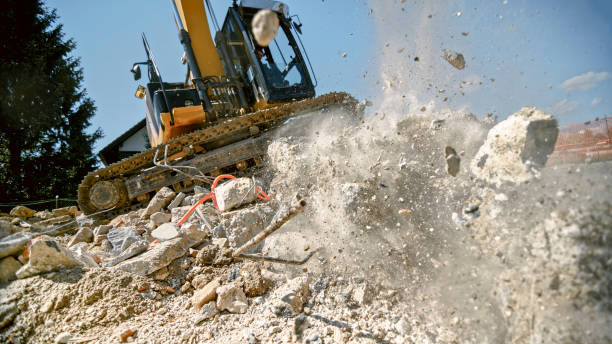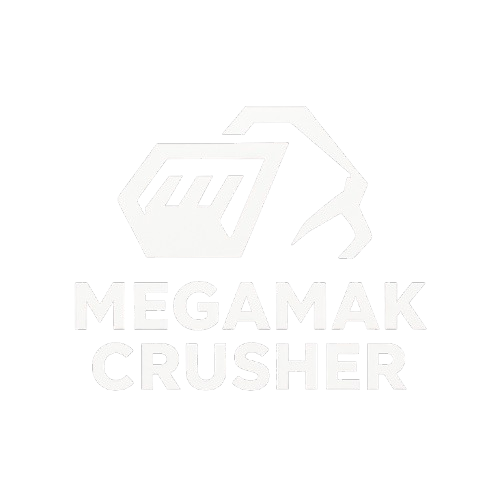Sustainable Crushing: How Recycling and Energy Efficiency Create Value

Sustainability has become a critical focus in the aggregate and construction industries. Modern crushing operations are increasingly adopting strategies that combine recycling practices with energy-efficient equipment, not only to minimize environmental impact but also to improve operational efficiency and profitability.
Recycling Materials is one of the most impactful strategies for sustainable crushing. Construction and demolition waste, including concrete, asphalt, and brick, can be processed into high-quality recycled aggregates. These materials reduce the demand for virgin stone, conserve natural resources, and significantly decrease landfill contributions. Utilizing on-site or locally sourced recycled materials also reduces transportation needs, lowering fuel consumption and associated emissions. Moreover, recycled aggregates can often meet or exceed performance requirements for a variety of applications, providing a cost-effective alternative to newly quarried stone.
Energy Efficiency in Equipment is another key factor. Modern crushers and screens are designed to consume less power while maintaining or improving production rates. Hybrid-electric crushers, diesel-electric systems, and optimized engine configurations reduce fuel consumption by 25–40%, while advanced automation ensures that machines operate only at the necessary load. Intelligent feed control systems, automatic start/stop features, and load-sensing hydraulics further enhance efficiency, reducing energy costs and minimizing unnecessary wear on components.
Automation and Smart Controls also contribute to sustainability. Real-time monitoring of feed rates, crusher load, and motor performance allows operators to optimize production while conserving energy. Predictive analytics, enabled by IoT sensors and connected systems, can forecast component wear and schedule maintenance proactively, reducing unplanned downtime and energy waste. This approach ensures that crushers operate at peak efficiency consistently, saving both fuel and maintenance resources.
Circular Economy Benefits are realized when sustainable practices are fully integrated. By combining recycling, energy-efficient machinery, and smart operations, aggregate producers can achieve a lower environmental footprint, reduce operating costs, and comply with increasingly strict environmental regulations. Investments in sustainable crushing practices are not only environmentally responsible but also economically advantageous, enhancing brand reputation and long-term business resilience.
In conclusion, sustainable crushing is a strategic choice that balances environmental responsibility with operational efficiency. By prioritizing recycled materials, implementing energy-saving technologies, and adopting smart automation, crushing operations can reduce costs, optimize performance, and contribute positively to the environment — turning sustainability into a tangible business advantage.
